
While dealing a fatal blow to Chinese producers, any decision by the European Union to impose heavy taxes on China's solar panel products may backfire.
Such a double-loss scenario is undesirable, especially when both China and the EU are struggling to cope with an economic slowdown.
After claiming to have opened an anti-dumping and anti-subsidy investigation into mobile telecommunications network equipment and components from China, the European Commission is planning to impose anti-dumping taxes of 47.6 percent on average on China's photovoltaic products. It would be the largest trade remedy case between the two sides in history.
A result of strong lobbying by some EU photovoltaic producers, which due to their lack of competitiveness have played second fiddle to their Chinese counterparts in the European market, the move will temporarily cater to their interests, but be detrimental to the overall trade relations between China and the EU.
China is now the EU's fastest-growing export market while the EU is China's largest trade partner.
The proposed duties on Chinese products will not only lead to a reduced supply of low-priced products for European consumers, they will also damage the interests of Europe's upstream and downstream suppliers, causing significant job losses.
Moreover, if China retaliates, the overall bilateral trade relations will be at stake, which will prove an additional drag on the already crisis-hit eurozone economy.
Statistics show the eurozone economy shrank 0.2 percent year-on-year during the first quarter of this year, the sixth consecutive quarterly contraction, and retaliatory measures from China will only worsen the situation.
China has not officially announced it will retaliate, but it will not sit idle when the interests of its enterprises are jeopardized.
Since the start of the European sovereign debt crisis, China has offered Europe a helping hand. If its goodwill moves are only repaid with growing protectionism, it is entitled to fight back.
The EU now has 31 trade investigations, 18 of them involving China. It is advisable for China to rethink its European strategy.
Admittedly, a tit-for-tat strategy will not benefit either side. Total trade between the two sides was down 3.7 percent year-on-year in 2012 and it has continued to drop by 1.3 percent year-on-year in the first four months of this year.
But any appeasement on China's part will only send the wrong signal and invite more protectionism.
 HK's new cruise terminal receives luxury liner
HK's new cruise terminal receives luxury liner
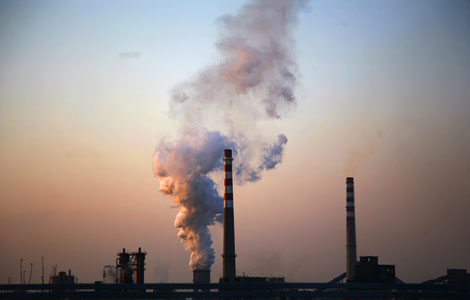 Future points to carbon trading
Future points to carbon trading
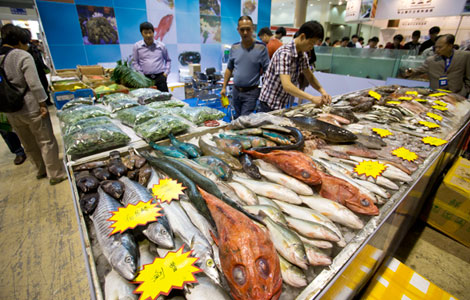 Seafood businesses flounder amid spending cut
Seafood businesses flounder amid spending cut
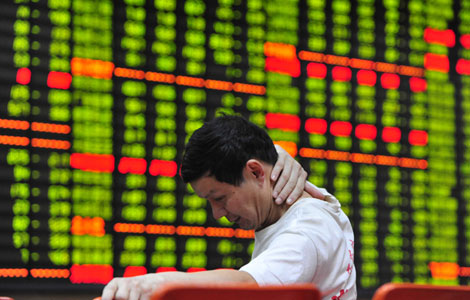 Equities slump amid slow-growth estimates
Equities slump amid slow-growth estimates
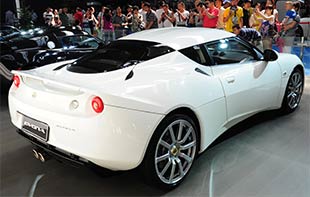 Auto show opens with much fanfare in Xi'an
Auto show opens with much fanfare in Xi'an
 Sunnylands summit fuels Chinese tourism interest
Sunnylands summit fuels Chinese tourism interest
 'Palace on wheels' on sale for $3.13m in Dubai
'Palace on wheels' on sale for $3.13m in Dubai
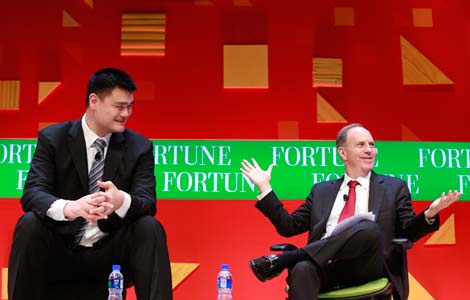 Fortune smiles on Chengdu as forum concludes
Fortune smiles on Chengdu as forum concludes